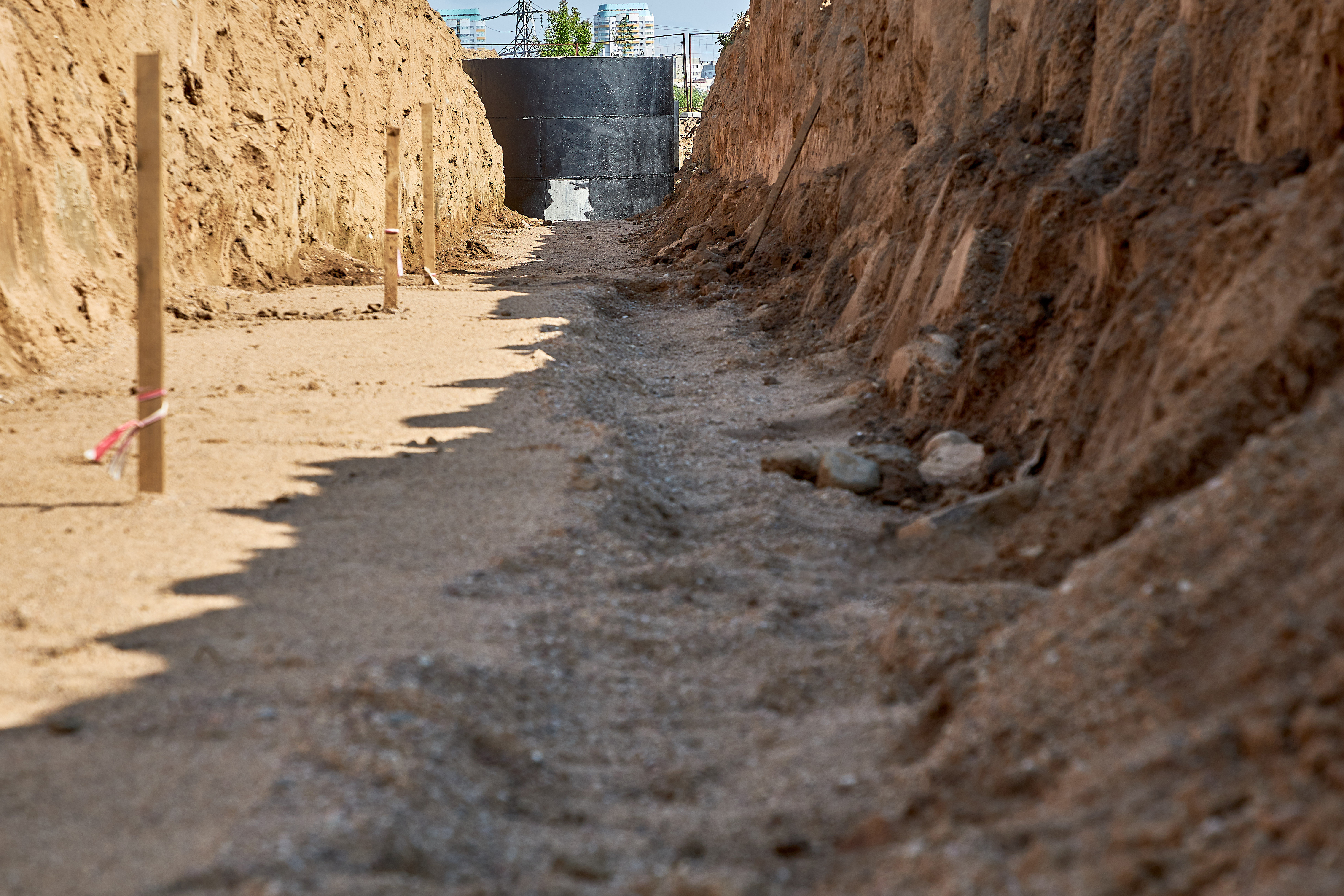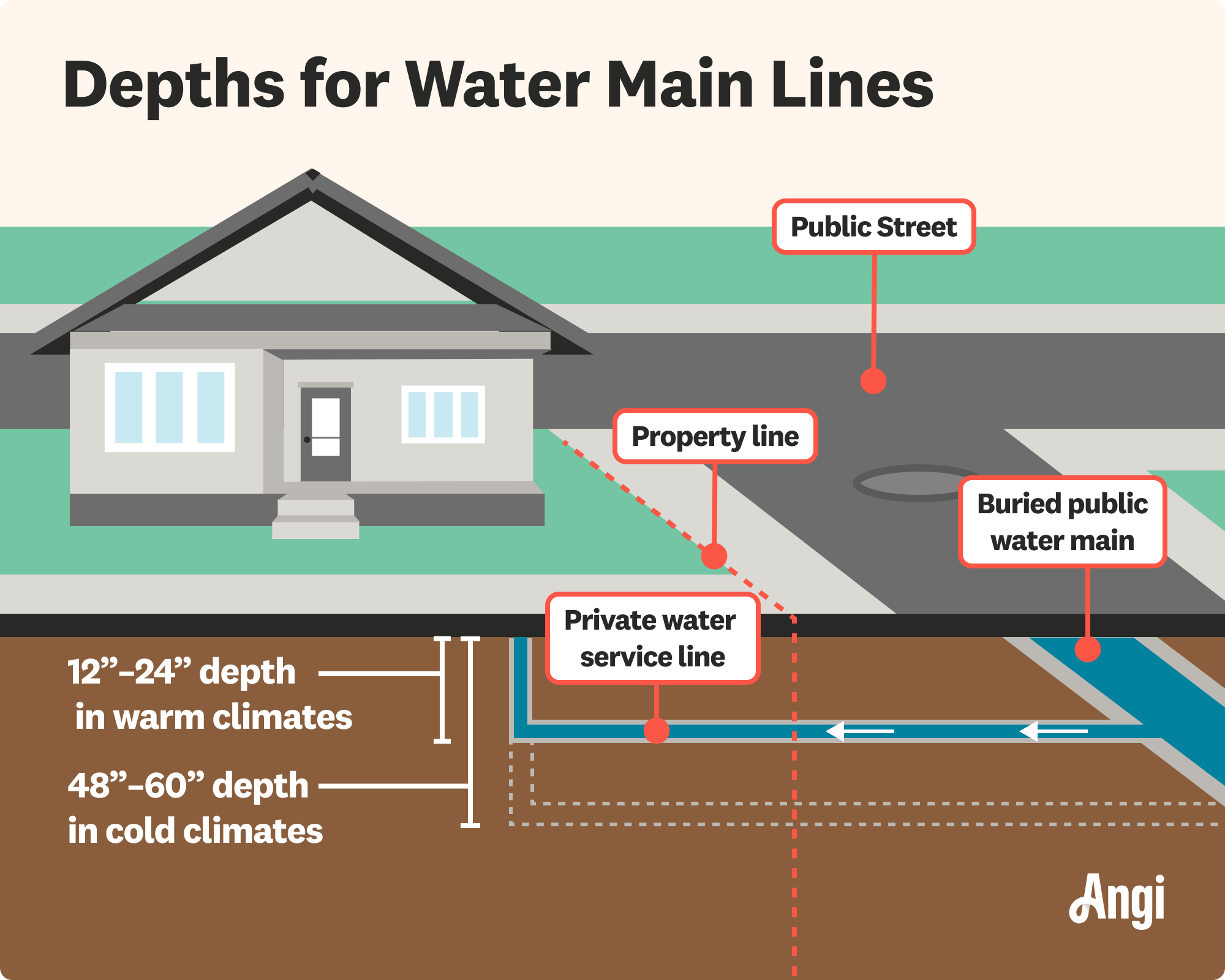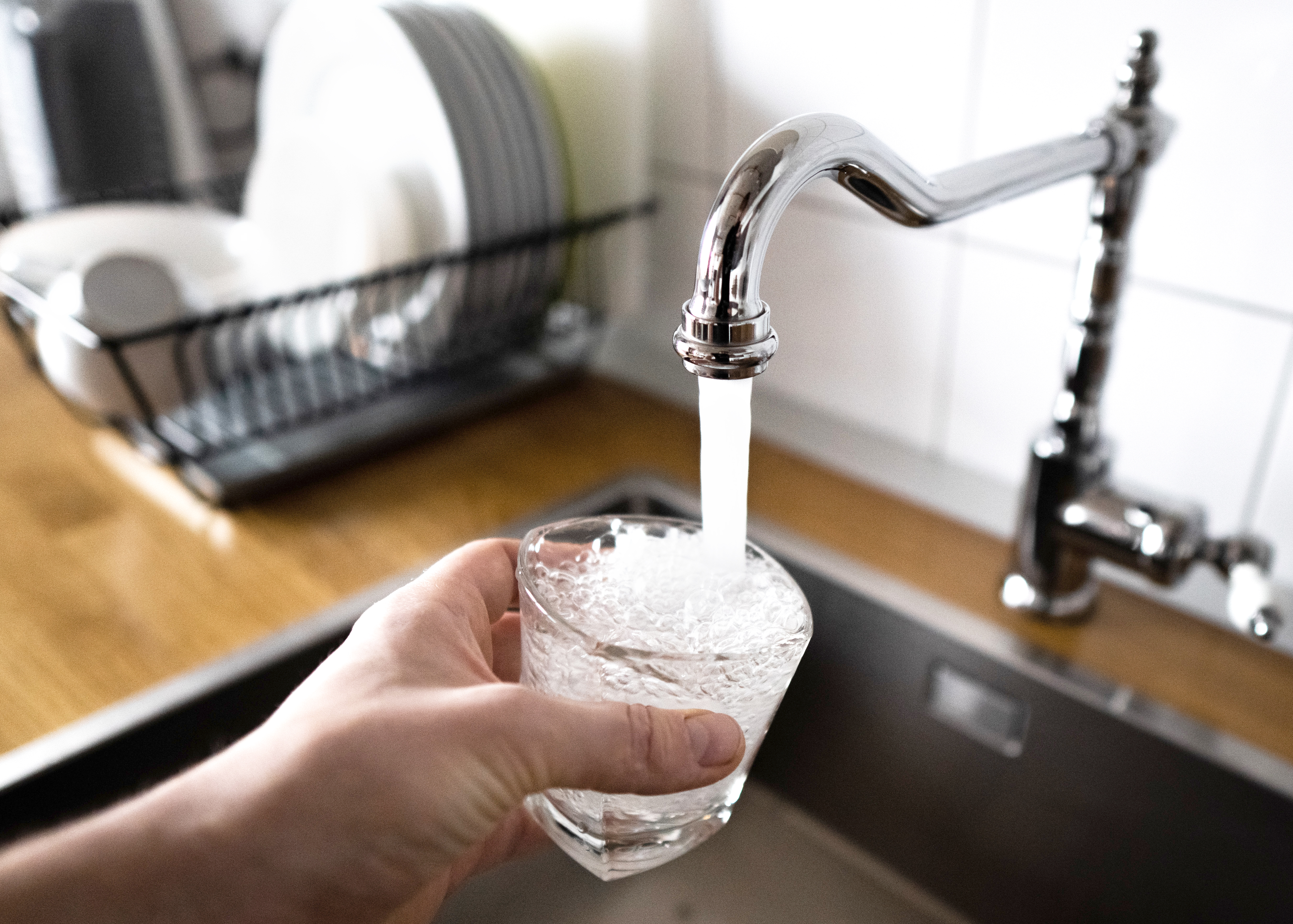
This guide to toilet installation cost covers what you can expect to pay when adding a new toilet to an existing or new bathroom.
Replacing a water main line in Seattle costs an average of $3,086, with most homeowners spending between $1,749 and $4,610. A pro would be able to explain the cost for your unique situation and why there’s such a large range in averages.


Seattle homes with tiered yard, like those in Queen Anne, will cost much more.
The city has vague permit requirements—trust your pro.
Project costs are in line with the city’s very high cost of living.
The Emerald City is one of the most expensive cities, so it’s not surprising that it’s also one of the most expensive places in the U.S. to replace your water main. Seattle has had a major lift from tech giants and has benefited from increasing temperatures in the rest of the country, driving people north. Keep these factors in the back of your mind as you discuss the cost of replacing your water main, knowing that the city average is $3,086 but can range anywhere from $1,749 to $4,610. Budget for your main water line replacement costs in Seattle with this guide.

Seattle has a talented roster of pros who can perform this work, but the city has become extremely expensive, and this is reflected in the average cost for this project. Talk to a number of pros to gather quotes, but don't be alarmed if it seems this project is 30% to 50% more expensive than even Tacoma or Spokane. Learn what factors influence cost and why Seattle carries a premium.
Seattleites have access to many different materials as they’re close to Canada and have multiple major shipping ports, therefore having solid access to a variety of materials. Lead and cast iron have been used in the past, but many water main replacements these days are with strong plastics, ductile iron, or copper. The table below breaks down the average cost to replace your water main, and includes labor costs.
| Materials | Average Cost | Pros | Cons |
|---|---|---|---|
| PVC | $1,100–$2,500 | Inexpensive | Can crack in the cold |
| Polyethylene/PEX | $1,250–$2,600 | Rust resistant | Short lifespan |
| Cast iron | $2,050–$5,100 | Extremely durable | Can affect taste |
| Ductile iron | $2,200–$5,200 | Better durability than cast iron | Susceptible to corrosion |
| Copper | $2,500–$6,100 | Long lifespan | Expensive |
| FRP | $1,850–$4,200 | Strong | Not very flexible |
Replacing your water main is usually an emergency repair and one that’s seldom required. We expect most homeowners may need to perform this replacement once, or not at all. Seattle has moderate ground temperatures but hardcore earthquake statistics—a known water main damager.
The ground itself is relatively stable until there’s a geological event, so as long as the pipe was buried deep enough and was installed correctly, corroding connections or aging pipe material should be your primary concerns. As far as maintenance goes, just keep an eye on how your plumbing behaves.
This isn’t a DIY job, so you shouldn’t attempt any of the pre-project work yourself. Finding a water main with a shovel or backhoe can make your day turn bad real quick. A pro will locate the line that feeds from the municipal water to your home and dig it up. Again, do not do this yourself. Prep work involves shutting off the water to your home and the main water line connection before swapping out the line. Even when there isn’t a buried line, such as with a trenchless install, homeowners shouldn’t mess with plumbing in general, but especially a high-pressure main.

If your line is buried leading to your home, you have a main installed in a trench. These are considerably easier to replace than trenchless systems, which means you should have a much easier time finding an available pro, which is a huge plus, as water main replacements almost always need to be immediately addressed. Seattle benefits from a more moderate climate than cities with harsher winters so you can dig year-round provided the rain cooperates, which it seldom does.
Trenchless systems can be simpler to work on during winter, but pros don’t like working in the rain either. That being said, there may be less work for them during winter months, so you may not actually pay more for this work during the winter (like you would for a trenched install).
Whether or not you need a permit to replace your water main in Seattle will depend on your zip code and if you need to dig into anything that isn't your front yard. While other cities have a black-and-white permit policy, Seattle is more nuanced, so you should absolutely lean on your pro to pull any permits if they're required. Generally though, if you’re only handling a replacement and it only affects your yard, you won’t need one (but make sure).
Expect to pay a few hundred dollars (around $300) for cleanup costs if they aren’t included in the project fee. Seattle has many sites to dump leftover materials and dirt, but it doesn’t come cheap. If you’re going trenchless, you may not even need to consider any cleanup that isn’t the recycling of the pipes themselves, saving you considerable money.
The cost of a plumber for this work comes down to two determining factors: trenched or trenchless. It may seem counterintuitive, but a trenched installation may cost less per hour for the labor as it’s less specialized, even if the overall cost of the project is higher. For trenched installations, expect to pay a Seattle plumbing pro between $40 and $120 per hour and between $50 and $190 per hour for trenchless.
Replacing a water main is unlikely to boost your home’s market value. However, not having a water main functioning in good condition, or even a damaged one, can drop the value of your home significantly. Buyers interested in a house that discover a damaged water main will wonder what else is wrong, as an undisclosed issue with such an important part of the home is a massive red flag. In short, replacing it may entice buyers, but it won’t increase your home’s dollar value.
Home is the most important place on earth, which is why Angi has helped more than 150 million homeowners transform their houses into homes they adore. To help homeowners with their next project, Angi provides readers with the most accurate cost data and upholds strict editorial standards. We survey real Angi customers about their project costs to develop the pricing data you see, so you can make the best decisions for you and your home. We pair this data with research from reputable sources, including the U.S. Bureau of Labor Statistics, academic journals, market studies, and interviews with industry experts—all to ensure our prices reflect real-world projects.
Want to help us improve our cost data? Send us a recent project quote to [email protected]. Quotes and personal information will not be shared publicly.
From average costs to expert advice, get all the answers you need to get your job done.

This guide to toilet installation cost covers what you can expect to pay when adding a new toilet to an existing or new bathroom.

Learn about main water line repair costs in Columbus and what affects pricing to be prepared before you start getting estimates.

Learn how much plumbers cost in Columbus, Ohio. Discover pricing for faucet repairs, pipe work, and emergency services, plus how you can save money.

Cutting pipes can be easy, but this job requires some safety measures. Learn how to cut metal pipes quickly and safely for any plumbing project.

Slow drains and foul smells are telltale signs of a clogged plumbing vent. Find out how to unclog a plumbing vent without getting on the roof in this guide.

Most homeowners will eventually need to replace bathroom hardware. This guide breaks down bathtub faucet installation costs, so you can upgrade your bathroom.